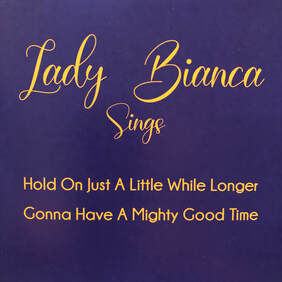
Sadly, it an EP. I say sadly because you just don’t want it to end. She has a fantastic band with herself on vocals, piano, and clavinet, Oshmin O. Oden on bass, Joey Truso on drums and tambourine, Rod “Bigg Daddy” Munson on guitar, Lionel DeWitt Holoman, Jr on Hammond B-3, and Neil Barnes on harmonica. The Sons of the Soul Revivers (James Morgan, Dwayne Morgan, and Walter Morgan, Jr) are her background vocalists. This band is smoking hot.
I was born and raised in the Church. There were so many things about the church that can invite criticism but, let me say this, the music that Lady Bianca and her league of crafty players brings just makes everything all right.
There are only two songs on the EP but they make great use of every second available. And you will need to hear it over and over to fully appreciate what every artist contributes.
Rev. Cleophus Robinson, Jr’s Hold On Just a Little While Longer is arranged by Lady Bianca. Rev. Robinson’s original was on his 1980 album Consolation. His version was a slow, almost mournful, exhortation to keep the faith and hold on. Amazingly, Lady Bianca—in the days of police brutality against our brothers and sisters and rampant, unrestricted racism at the highest level of government--has turned this into a joyful anthem of faith and hope.
The musicianship is fantastic. Holoman on the B-3 is fantastic and Oden’s bass reminds me of my favorite bassist, James Jamerson. Executive Producer Neil Barnes contributes some fine harmonica work behind it all.
But Lady Bianca sends thrills down my spine. She is emotional and uplifting; powerful and graceful. And she gives me hope. Add the Sons of the Soul Revivers with the backing vocals and you’ve got church. It reminds me of the Bubba Brown quote: “Blues is before your prayers get answered.”
Clearly, our prayers for peace and unity have not been answered yet but…hold on.
Gonna Have a Mighty Good Time is an original from Lady Bianca, Stanley Lippitt, and Oshmin Oden. Lady Bianca offers an invitation and she calls on the players (and pray-ers) to step forward. Immediately, Barnes starts in on a cool harmonica. Bigg Daddy Munson chops some sweet guitar and Holoman’s B-3 is so hot. Joey Truso has the church-style tambourine in full swing and you can’t get away from that Oden bass.
Gonna Have a Mighty Good Time is the perfect follow-up to Hold On Just a Little While Longer. It is the joyous expectation of the faith found in the first track. It’s not only an expectation of a good time in church but a good time in our world. Faith will have its rewards and, as Romans 5:5 says, Hope does not disappoint.
Lady Bianca makes your lips shout, your heart rejoice, and your hands fly up in the air.
Visit her website to sample her previous albums or go to https://www.amazon.com/Lady-Bianca to buy everything available.
Lady Bianca is right on time with the word and the song.
Postscript: After writing this review, Minneapolis erupted over the murder of Mr. George Floyd. I am enraged on behalf of our brothers and sisters. In the midst of my anger, I returned to this album to find comfort. And find it I did.
~Travis Rogers, Jr. is The Jazz Owl
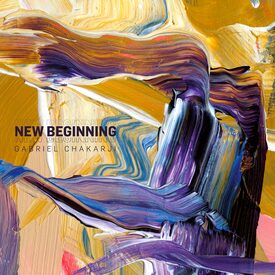


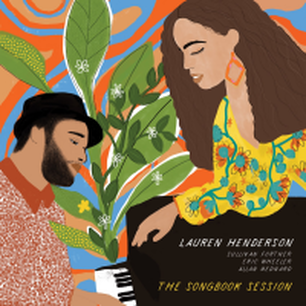
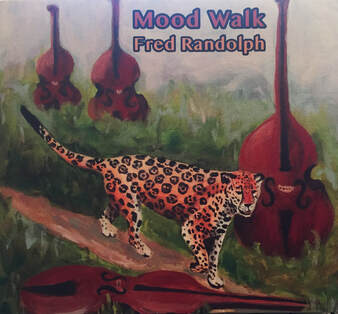
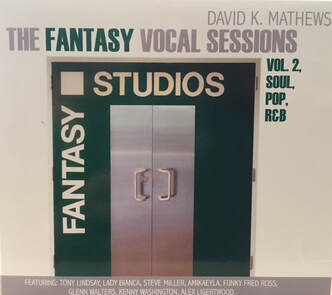
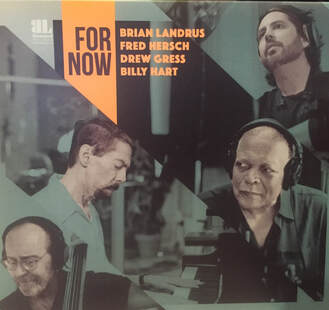


 RSS Feed
RSS Feed
